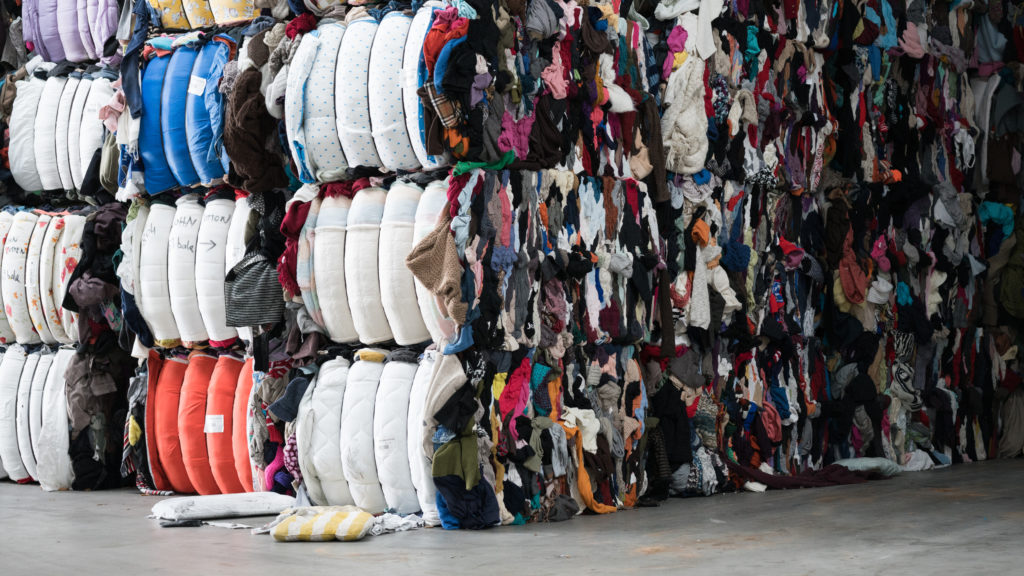The economic climate for the textile recycling industry has become difficult in the last few years with cheap imports of low-quality clothes hitting collection quality and generating increased competition.
Recyclatex, a group of textile recyclers who can offer charities and councils textile
collection contracts nationwide, is warning that the government's failure to support the sector could see large numbers of workers losing their jobs.
Maxine Sault, chairperson of Recyclatex and managing director of the Black Country Rag and Wiper Company, said: “The industry lost one or two companies last year and the way things are going this year, several more may stop sorting. All these companies employ large numbers of people.”
Ms Sault explained that the industry uses large numbers of workers at their plants, rather than using automated machinery to cut down on staff levels.
“Other recycling industries use machinery to recycle, like shredders,” she said. “But our work is very much manually orientated so there is a high employment rate. At Black Country Wipers, we are not a huge company but employ over 70 people. If we go out of business that is 70 people out of work in an area with high unemployment.”
Landfill
Ms Sault, who won the Black Country Business Woman of the Year Award for 2005, said that as well as jobs, the diversion of material from landfill would also be hit. “We deal with 7,500 tonnes of textiles a year, if we weren't recycling them they would end up in landfill. Government seems to forget that.
“We are not asking for something for nothing, but at the moment we are an industry in need of help,” she added.
One of the problems the textile recycling sector suffers is its public perception, she said, explaining that when people dispose of paper or plastic in a recycling bin, they still see it as throwing it away. “But, when they dispose of clothing – especially clothing that is still useable – they see it more as giving it away. We are seen to be getting something for nothing, which is obviously not the case,” she said.
Textiles recyclers pay local authorities for the textiles collected from doorsteps and in banks. Ms Sault ppinted out that this also put money back into local communities.











Subscribe for free